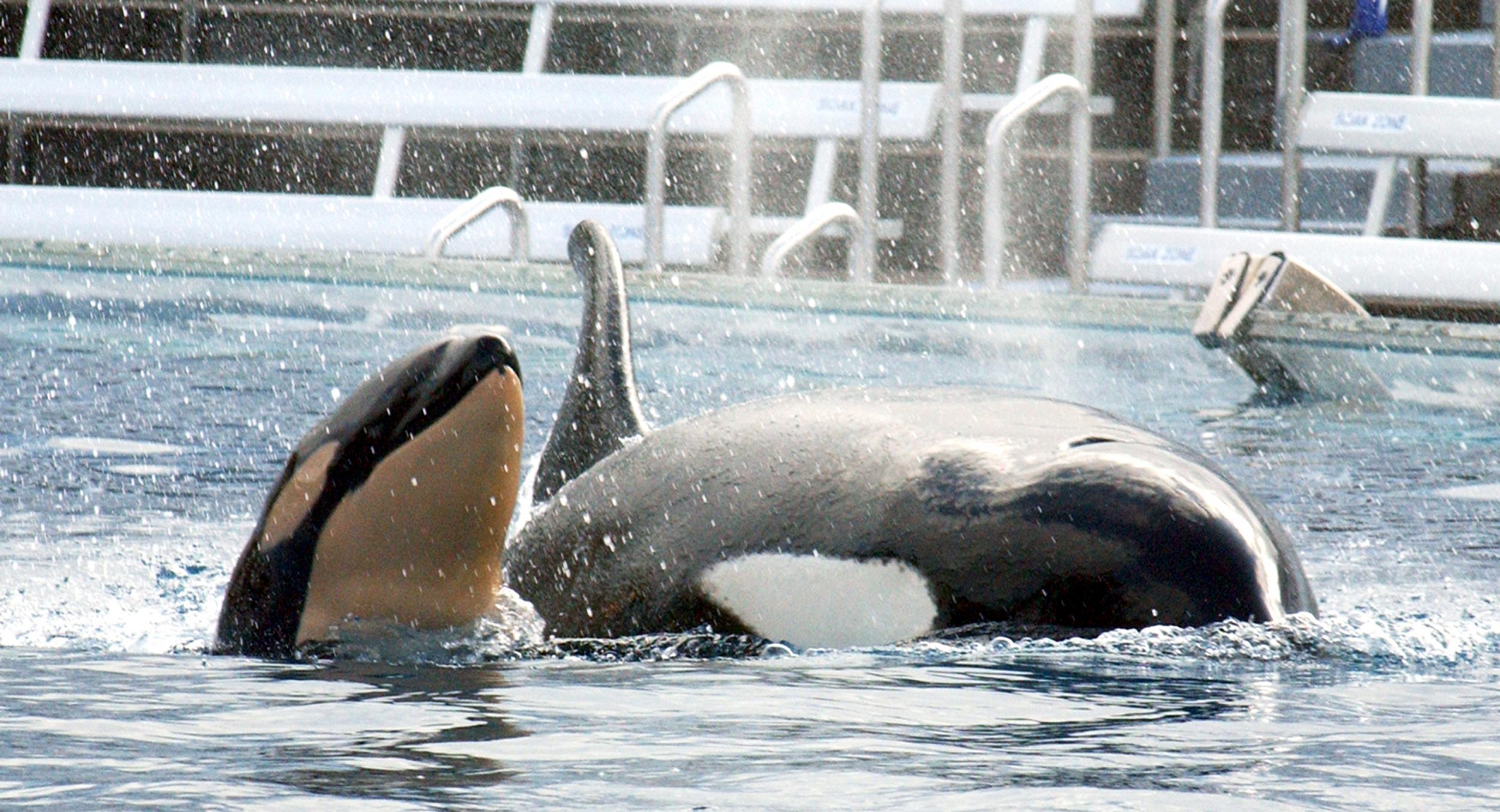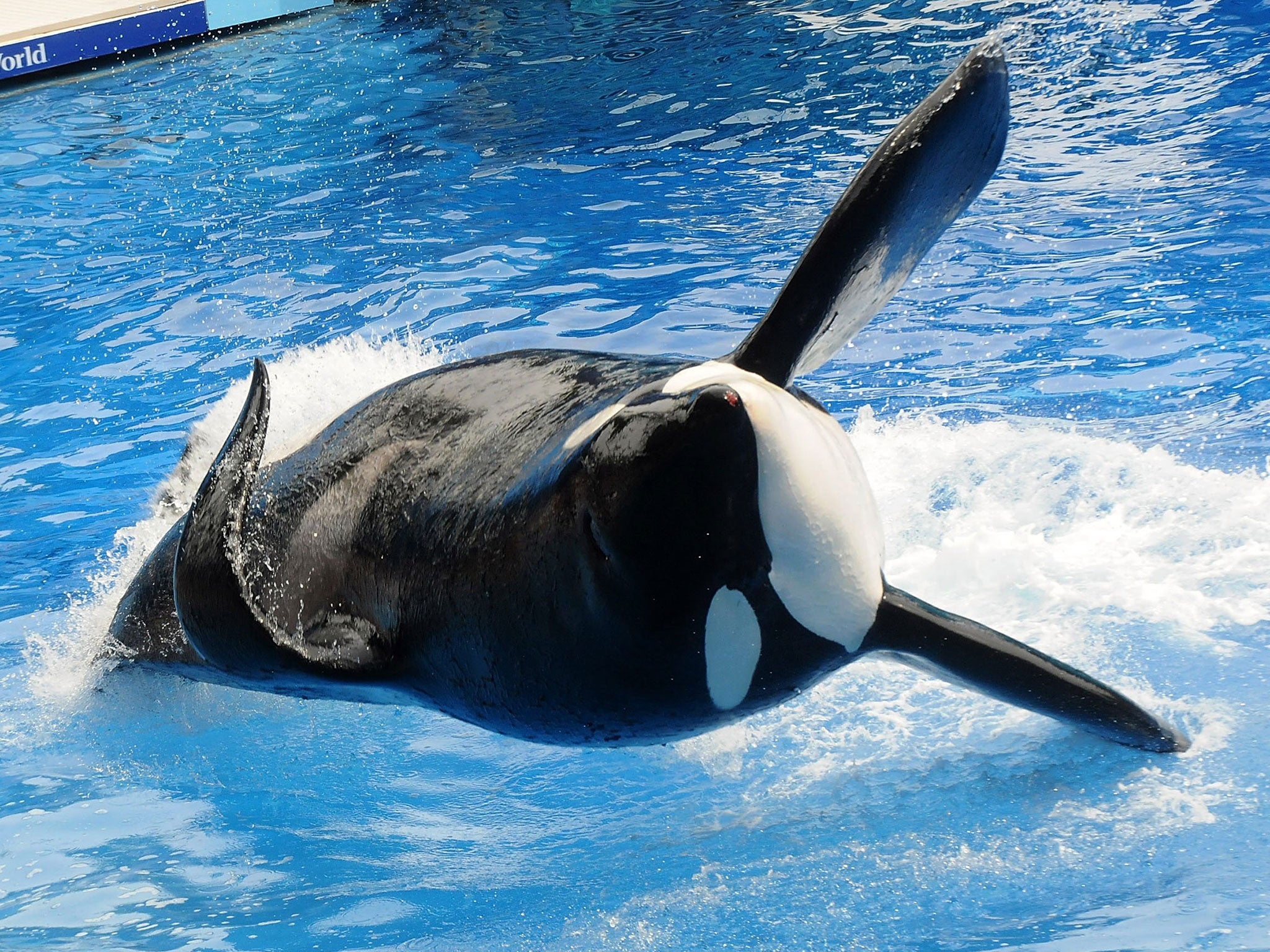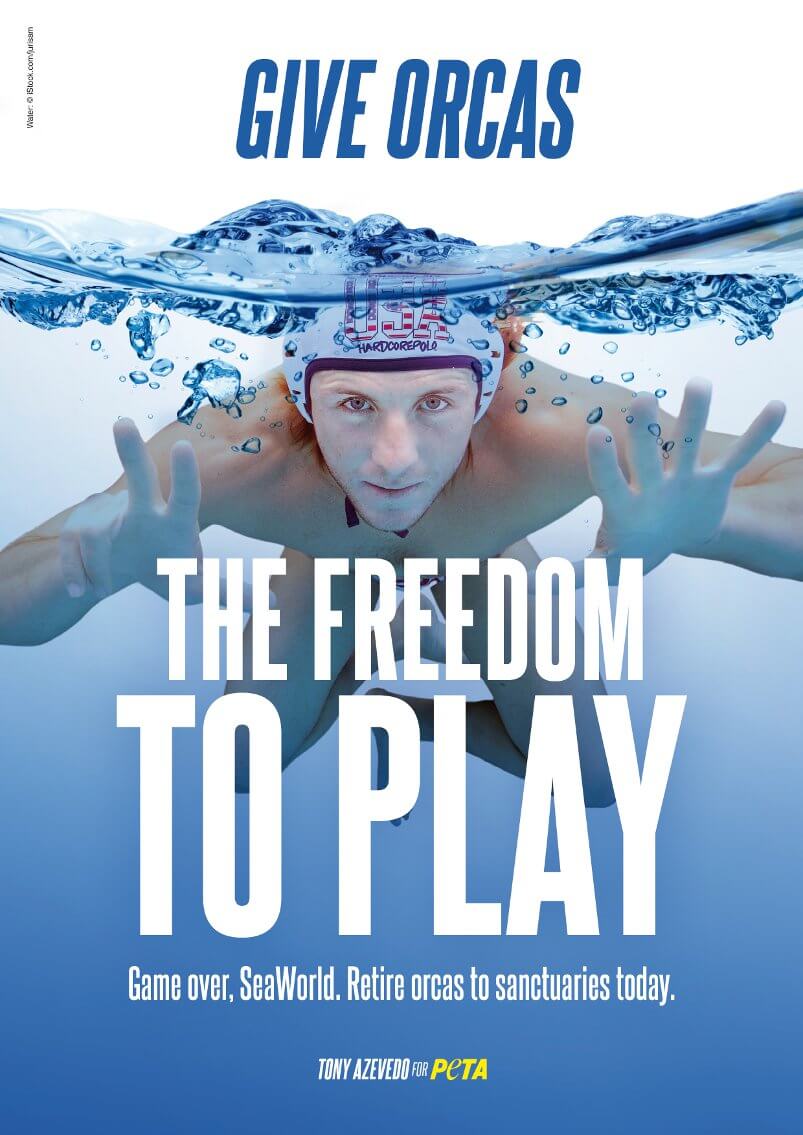Seaworld CEO says ending controversial whale breeding programme was 'most difficult decision'
Joel Manby says the attraction is 'trying to change'

Your support helps us to tell the story
From reproductive rights to climate change to Big Tech, The Independent is on the ground when the story is developing. Whether it's investigating the financials of Elon Musk's pro-Trump PAC or producing our latest documentary, 'The A Word', which shines a light on the American women fighting for reproductive rights, we know how important it is to parse out the facts from the messaging.
At such a critical moment in US history, we need reporters on the ground. Your donation allows us to keep sending journalists to speak to both sides of the story.
The Independent is trusted by Americans across the entire political spectrum. And unlike many other quality news outlets, we choose not to lock Americans out of our reporting and analysis with paywalls. We believe quality journalism should be available to everyone, paid for by those who can afford it.
Your support makes all the difference.SeaWorld’s CEO says ending its controversial killer whale breeding programme was the ‘most difficult' decision he has made.
Plummeting numbers of younger visitors played a part in the move, Joel Manby said.
He admitted the the attraction is now ‘trying to change’.
Mr Manby told the trade publication Attractions Management Magazine: “Making this kind of decision shows the people we are listening and we are trying to change. We get it – having animals this magnificent and this large in a captive environment is a tough sell for us over the long term.
“We listened to public opinion and looked at what our research told us. It was an incredibly difficult decision. I think the most difficult decision I’ve ever been involved with in a business.”
SeaWorld buckled to public pressure and announced in March it was scrapping the orca programme.
It will continue to house the animals it already has in captivity.
SeaWorld’s controversial history with killer whales was exposed in Blackfish, the 2013 Bafta-nominated American documentary.

It focuses on Tilikum, an orca connected to the deaths of three humans.
Tilikum, said to have been captured near Iceland in November 1983, is estimated to be around 35 years old.
He attacked and drowned SeaWorld trainer Dawn Brancheau in 2010 and has been linked to the deaths of two other people.
The Beach Boys, Willie Nelson and the Bare Naked Ladies all cancelled their performances at a SeaWorld concert following the film’s release.
It was revealed in March that Tilikum had a life-threatening bacterial infection but his condition has since improved.
Mr Manby also insisted his attraction and zoos around the world are vital for conservation and rescue.
He said: “We all have to a better job, SeaWorld included. There is a false notion out there, and I think a very dangerous one, that animals held under human care is always a bad thing. That is just not true. Rescue alone is a reason for our facilities and our unbelievable zoological community to exist.
“SeaWorld is the largest rescue organisation in the US and we want to be the largest marine animal rescue organisation in the world. Without our facilities, hundreds of dolphins, thousands of sea lions, manatees and birds, would die every year."

USA Olympic water polo team captain Tony Azevedo, who is competing at Rio, has called for the remaining orcas to be sent to sanctuaries instead.
He says the animals ‘need the freedom to play’ In a new advert for animal rights organisation PETA
Join our commenting forum
Join thought-provoking conversations, follow other Independent readers and see their replies
Comments